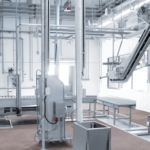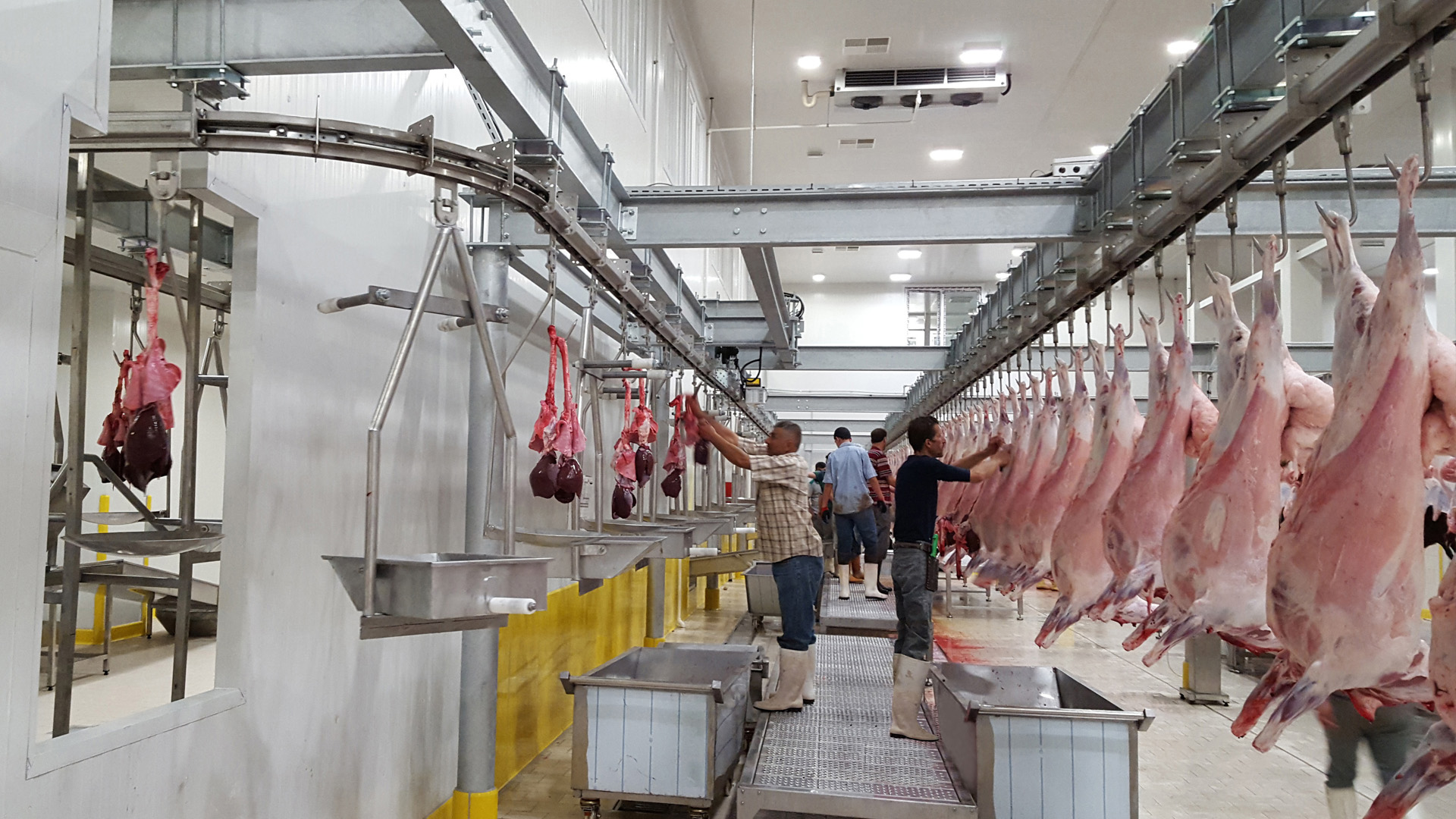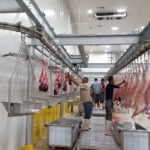
With advancements in automation, data management, and equipment, technology plays a pivotal role in enhancing efficiency, food safety, and animal welfare in abattoir design and processes.
This is an opinion piece or news article written by our staff.

When it comes to abattoir operations, there are different models to consider, including small-scale and large-scale facilities. In this article, we will explore these two abattoir models, comparing their characteristics, benefits, and considerations, to help stakeholders make informed decisions about the most suitable approach for their specific needs.
Small-scale abattoirs are typically locally owned and operated facilities designed to cater to regional or niche markets. Here are some key features and considerations of small-scale abattoir operations:
Localized Service: Small-scale abattoirs often serve a specific geographic area, providing a closer and more convenient option for farmers and consumers within the region.
Large-scale abattoirs, on the other hand, are designed to handle significant volumes of animals and cater to broader markets. Here are some notable characteristics and considerations associated with large-scale abattoir operations:
Economies of Scale: Large-scale abattoirs benefit from economies of scale, allowing for higher production volumes and potentially lower costs per unit. This can lead to increased efficiency and competitiveness in the market.
When deciding between small-scale and large-scale abattoir models, stakeholders should consider several factors, including their production volume, target market, investment capacity, regulatory requirements, and long-term growth plans. Additionally, assessing the local demand, competition, and supply chain dynamics can inform the decision-making process.
Both small-scale and large-scale abattoirs have their own unique characteristics, benefits, and considerations. Small-scale abattoirs excel in localized service, customized processing, and community engagement, while large-scale abattoirs offer economies of scale, advanced infrastructure, and broader market reach. Ultimately, stakeholders must carefully evaluate their specific needs, market dynamics, and regulatory requirements to determine the most suitable abattoir model for their operations. Regardless of the model chosen, maintaining strict adherence to food safety, animal welfare, and environmental standards remains paramount to ensure the production of safe and ethically sourced meat products for consumers.

With advancements in automation, data management, and equipment, technology plays a pivotal role in enhancing efficiency, food safety, and animal welfare in abattoir design and processes.

Abattoirs play a critical role in this journey, serving as the gateway where livestock are transformed into meat products.

When it comes to abattoir operations, there are different models to consider, including small-scale and large-scale facilities.

Compliance with these regulations is essential to protect public health, maintain industry reputation, and adhere to legal requirements.